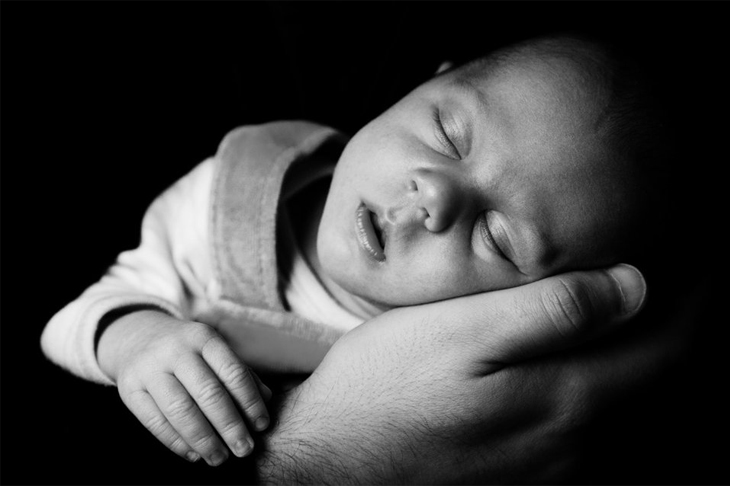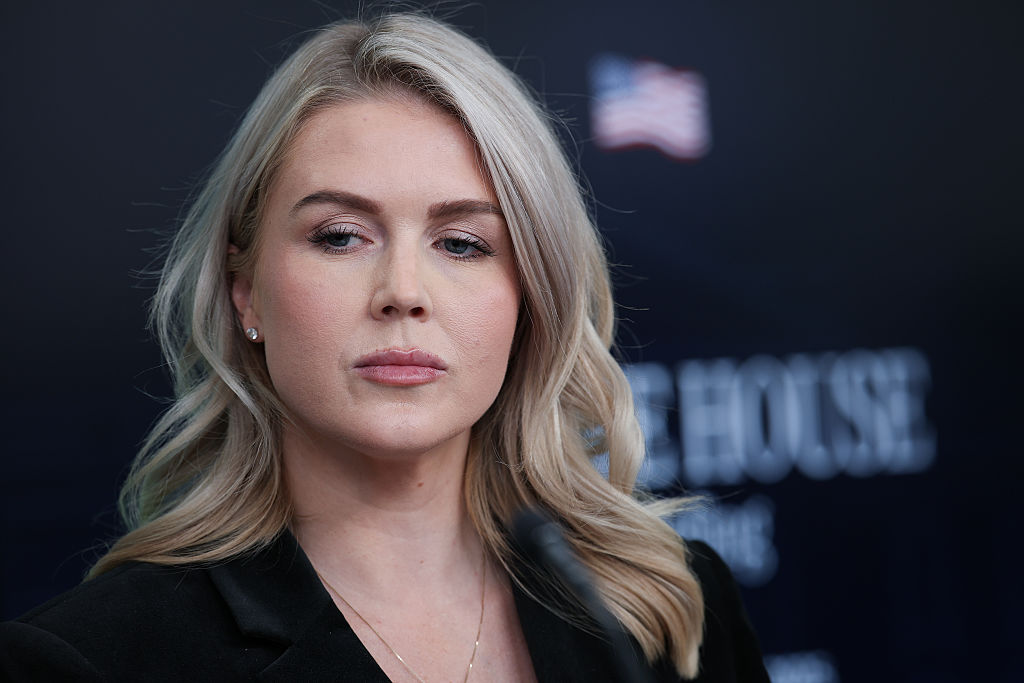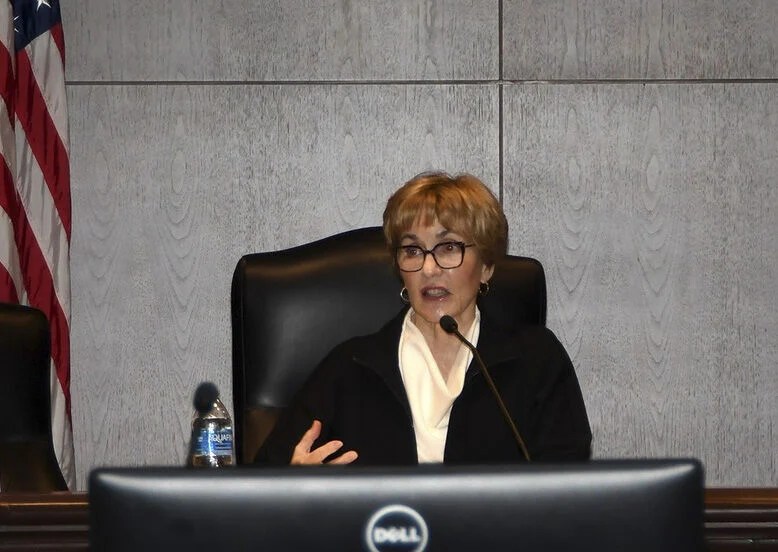Every serious culture accompanies its people through life’s exalted little soft spots, because it matters very much how we comport ourselves in them. Regular humans could buckle if left alone to their own paltry personal devices in matters like sex, death, and that occasional result of sex, the creation and care of a new human life. So priests preside over the rites, wisdom literature explains, and elders advise.
None of this stops when you get a degree or move to a modern city. In my own city of Somerville, Mass., nestled between Cambridge and Boston, the culture has stepped back from sex and death. Lots of both happen here, but we don’t share a single, stable interpretation. Friends and websites proffer advice, of course, some with grave sincerity, but we have no common city culture. It’s up to you to set your course, and see how it steers you. A hundred years ago this would not have been the case.
It is not the case, or not so much, when it comes to the bearing and raising of children. Here we’ve got modern shamans, elders, what have you, and a stable city culture. The high priests wear white coats. They reside in hospitals and clinics, and belong to a sacred brotherhood, the American Academy of Pediatrics (AAP). Since my son Leonard was born a few months ago, his mother Melissa and I have found ourselves repeated beneficiaries of wise, compulsory counsel from these holy men and women.
It’s been harrowing at times, as religious practice sometimes is. A couple weeks into Leonard’s life, we gave up on sleeping him in a crib. He was six pounds at the time, and scared of being left alone on a flat, open surface, as any vaguely sensible six pound hominid would be; there could be lions and tigers anywhere. So we took him into our bed, as every parent does at times, unless otherwise instructed by some batty village shaman.
This instinctual practice is now called co-sleeping. Psychic and relational benefits abound for child and parents, not least because everyone gets some sleep. Compared with using a crib, it carries an increased chance of sudden infant death syndrome (SIDS), mainly because some parents roll over and smother their child while sleeping. Co-sleeping is strictly forbidden by the AAP, though it is currently reconsidering its ban.
I admitted our sin to our paediatrician. It was an 8 a.m. appointment, I was sleepless and pre-coffee, and had been mulling an NPR segment that confirmed what we already knew. Everyone is co-sleeping, and everyone is telling you you’d better not tell your doctor about it; like masturbation and priests in the old days. NPR also said that if you do co-sleeping smartly, without being drunk, high, or morbidly obese, your child has a better shot of being struck by lightning than smothered by a sleeping parent. I wanted advice about doing it well.
Our doctor responded first by rehearsing the prohibition, citing studies, and then explaining that only experts can interpret these numbers. I am smug and overconfident, however, so I may possibly have given her a skeptical grimace. Her response was the medical equivalent of summoning a spirit or threatening damnation:
‘As a mother, I have to say, how would you feel if you killed your baby?’
Melissa blanched and sat in silence. I laughed; I couldn’t do anything else. Our doctor inquired why, and I blurted something along the lines of ‘outrageous emotional blackmail.’ She explained that she wasn’t here to argue, and that, as a member in good standing of the AAP, she couldn’t condone deviation. It was grand, almost Luther at the Diet of Worms. There she stood; she could do no other, so help her whoever. Melissa thinks it was probably ass-covering in lawsuit-happy America.
I left the appointment apoplectic. Melissa was tearful and terrified. We kept letting Leonard into the bed, because people can’t live without sleep, but Melissa spent her ensuing nights on edge, scared of killing her child.
I was busy during the next appointment, so she took the baby without me. Noting my absence, our doctor closed the door, laid a pair of Hippocratic, bespectacled eyes on Melissa’s frightened face, and cooed, ‘So – how’s everything at home? With Ian. I notice he does a lot of the talking in your appointments.’ Melissa tried her exhausted best to act unabused. We don’t think the doctor really bought it. Maybe now I’m on a list somewhere.
Clerical castes are prone to exaggerate their certainty. Call it an act of thespian service to timorous supplicants, maybe combined with self-deception. I, for one, am still grateful for the existence of modern medical advice. We wouldn’t want to pilot the strait of Leonard-rearing entirely solo.
But still. There’s something laughable about the authority of doctors and nurses, or at least the way in which they wield it. Who among the upstanding would dare ignore their doctorly advice? By smoking cigarettes? Eating pork rinds? Feasting on red meat? Sleeping with their baby? We wouldn’t dare. Or if we did, we would do it skulkily, in the shadows, and reveal our sins only to a few trusted confidants. Shame, shame, shame.
Previous castes of priests at least had a claim to divine revelation. The medical priests of Massachusetts have only the latest studies. They speak derisively of doctors hilariously mistaken by virtue of having practiced 50 years ago in Somerville, a benighted hinterland compared to the gleaming metropolis of modern Boston. What a stroke of luck we’ve had, to be born inveterately right, the age of wrongness long since passed. Hallelujah! Take with water – these pills are my body and blood . . .
Ian Marcus Corbin is the owner of Matter & Light Fine Art, and a doctoral candidate in Philosophy at Boston College.

























